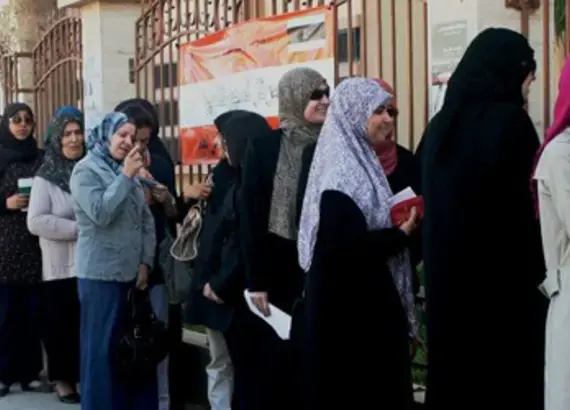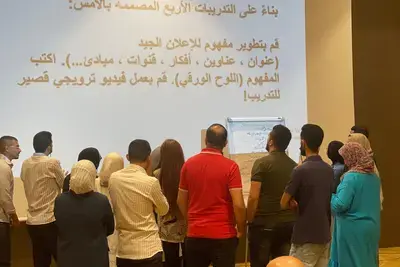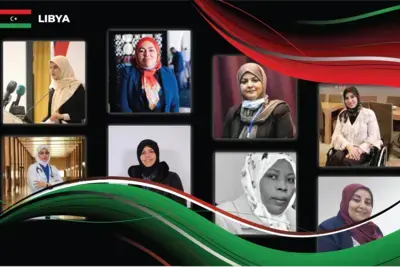
Success Story
Libyans Remain Optimistic About the Country's Future
Despite the slow pace of Libya’s political transition and its serious security issues, a new public opinion survey conducted by NDI in partnership with JMW Consulting reveals that most Libyans remain optimistic about the future and continue to support democratic institutions.
Libyans are also satisfied with the performance of country’s interim legislature, the General National Congress (GNC), even though many believe the GNC has not taken appropriate steps to improve security, foster national reconciliation or stop corruption.
In partnership with Copenhagen-based JMW Consulting and the Libyan firm Diwan Market Research, NDI surveyed 1,200 randomly selected Libyan nationals, 18 years and older, from across the country from May 10 to 30.
The nationwide survey reveals that a majority of Libyans believe democracy is the best form of government, and they associate democracy with elections and the protection of rights and freedoms. It also reveals that most Libyans feel political parties are essential to a democracy, although they express mistrust and a lack of knowledge about Libya’s newly-formed parties. NDI’s research was designed to capture citizen sentiments about the political landscape and expectations for the future.
Here are some key findings:
- Eighty-one percent of Libyans are optimistic or very optimistic about the future.
- Eighty-three percent believe democracy is the best form of government, and of those, 86 percent associate democracy with protection of human rights, the ability to change one’s government through elections, or freedom to criticize the government.
- Sixty-three percent believe the GNC has done a good or very good job, and 67 percent trust the Congress to improve Libya’s future. However, a majority believes the GNC has not taken the appropriate steps to improve security, undertake national reconciliation or stop corruption.
- When asked about the most pressing issue facing Libya, 36 percent name political stability and public order, 24 percent name the disarmament of militias, and 13 percent call for fighting violent crime.
- Eighty-two percent of Libyans have very low trust in militias, while over half have average or higher trust of the military, police, judiciary and GNC.
- Fifty-two percent believe political parties are essential or very necessary for democracy, but current awareness of political party platforms and leaders is low.
- Sixty-nine percent support political exclusion - legal measures preventing those affiliated with the former regime from participating in political life - but this majority is divided on whether high-ranking or all former regime officials should be excluded.
- Ninety-eight percent believe that Sharia, or Islamic law, should be mentioned in the constitution as a source of legislation, although two-thirds of Libyans think it should not be the only source.
NDI will undertake two additional surveys this year as part of this on-going program. The survey was funded by the Danish Ministry of Foreign Affairs.
Published Aug. 19, 2013
Updated Aug. 27, 2013



